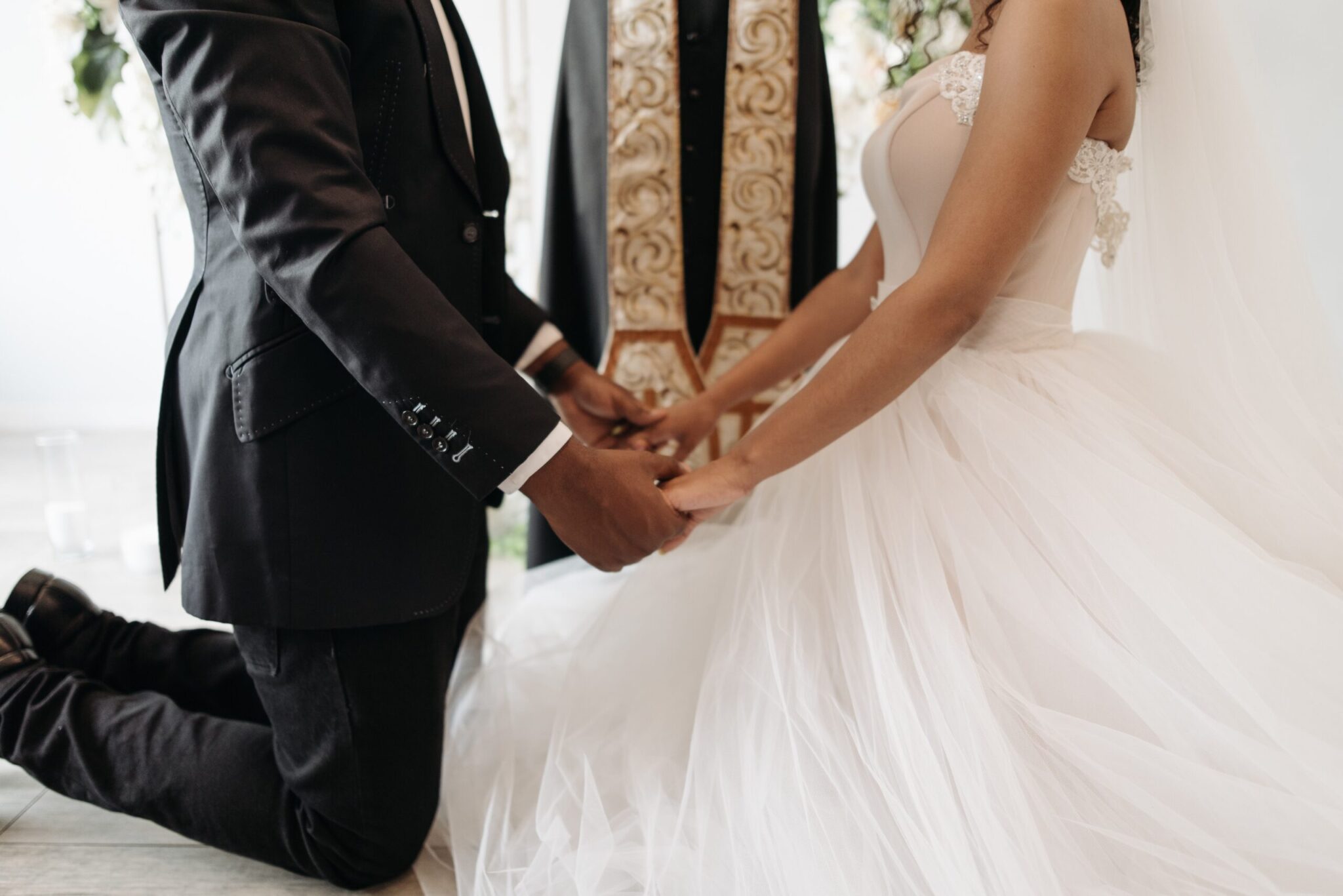
How Do You Get Married To Someone In Prison
Introduction
Getting married to an imprisoned person can be a complex process, but it’s still very possible. The prison system acknowledges and facilitates this process. However, it is essential to note that specific rules may differ depending on your country and state.
This article provides relevant information on how to marry a prisoner, including the conditions and formalities needed, the procedure involved, the challenges that may arise, and how to overcome them. We will explore these aspects to help you navigate through this unique situation.
Conditions, Formalities, and Considerations
Consent
The imprisoned individual and the prospective spouse must be willing to marry. Without their permission, the marriage cannot proceed.
Legal Age
Both the prisoner and the likely spouse must be of legal age to get married. In most countries, this is typically 18 years or older. Some jurisdictions may allow exceptions with a parental agreement or court approval. Hence, both parties need to submit their birth certificates for verification purposes.
Mental competency
The inmate should be mentally competent to understand the nature and consequences of marriage. Hence, this ensures they can give informed consent to enter the marital relationship.
Assessing risks
The prison authorities assess the potential risks linked with the marriage. They consider factors such as the inmate’s behavior, the stability of the relationship, and any potential security concerns. This evaluation is vital to maintain the institution and the public’s safety and security.
Marriage license
Like any other marriage, obtaining a marriage license is usually necessary. Hence, this involves visiting the local marriage license office and completing the required paperwork. The process may vary from jurisdiction to jurisdiction, so it is essential to research the specific requirements in the relevant area.
Waiting period
Some jurisdictions have a waiting period after obtaining the marriage license before the ceremony. This waiting period allows time for addressing legal objections or issues and is usually 72 hours long.
Background checks
Certain jurisdictions may require both the inmate and the prospective spouse to undergo background checks before granting permission for the marriage. For example, it may be necessary to provide copies of the current divorce judgments from prior unions if applicable. These checks ensure the safety and security of both parties involved.
Timing
When deciding to marry a prisoner, consider the timing carefully. Factors such as having children or financial benefits may play a role. It is crucial to consider the inmate’s potential release date. Postponing the wedding until after the release allows each partner to adjust separately.
Prison Rules
Every prison has its own rules regarding inmate marriages. Some convicts may not be allowed to get married; in some cases, the prison chaplain may be required to supervise the ceremony. It’s important to note that certain prisons may still forbid visits even after the marriage takes place. Understanding and following these rules ensures a smooth process.

What Is The Procedure?
The procedure for marrying a prisoner involves the following steps:
Contact the prison authorities
Inquire about their rules and guidelines for inmate marriages. They will provide the necessary information and guide you through the process.
Complete the necessary paperwork
Fill out the required forms and applications provided by the prison authorities. These forms typically include details about the prospective spouse, the inmate, and the intended date and location of the marriage ceremony.
Obtain permission
The prison administration will review your application and may ask for additional documentation. Once they give permission, you can proceed with the wedding plans.
Ceremony arrangements
Coordinate with the prison authorities to determine the logistics of the wedding ceremony. Hence, this may include selecting a suitable date and time, arranging for any necessary approvals or clearances, and discussing the specifics of the ceremony itself.
Wedding ceremony
On the designated day, the marriage ceremony will take place within the prison premises. Depending on the facility’s policies, it may occur in a chapel, visitation area, or another designated space. An authorized individual will typically officiate the ceremony.

Challenges of Marrying a Prisoner and How to Overcome Them
Marrying a prisoner comes with its own set of challenges. Here are some common difficulties and suggestions on how to overcome them:
Limited contact
Inmates often have restricted communication privileges. Maintaining a strong and healthy relationship may require patience, understanding, and finding alternative means of communication, such as letters, phone calls, or approved visitation schedules.

Emotional strain
The emotional toll of having a partner in prison can make one anxious and overwhelmed. Seeking support from friends, family, or support groups can provide a much-needed vent for your feelings and help you navigate the challenges. Also, be truthful and share each other’s feelings to keep understanding intact.
Legal and financial considerations
Marrying a prisoner may have legal and economic consequences. Consulting with a lawyer can help you comprehend and address any legal concerns. Additionally, discussing financial matters with your partner, including their potential release date, can help you plan for the future.
Stigma and judgment
Society may sometimes stigmatize and judge those who choose to marry someone in prison. Remember that the decision to marry is personal, and focusing on your and your partner’s well-being is essential. Surround yourself with supportive people that understand and respect your choices.
Conclusion
Marrying a prisoner requires understanding a specific set of conditions and formalities. While it is indeed possible to marry someone in prison, it is essential to understand and fulfill the legal requirements of your jurisdiction.
By following the proper procedure, communicating with the prison authorities, and seeking support, you can overcome the challenges of marrying a prisoner. Remember, love and commitment can flourish even in the most challenging circumstances, and you can achieve a successful marriage with the right mindset and support.



